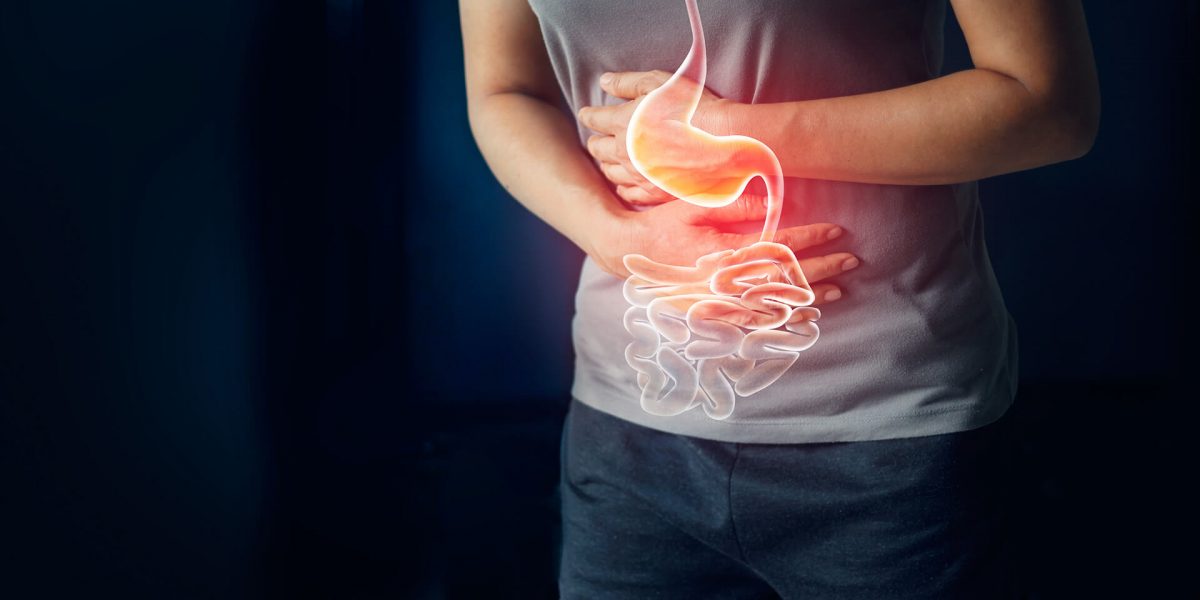Stomach Ulcer: Causes, Symptoms, and Prevention

Top 7 Foods That Mess Up Your Digestive System
August 30, 2020
7 Simple Tips To Better Manage Stomach Ulcer
August 31, 2020All You Need To Know About Stomach Ulcer
Stomach ulcers, also known as gastric ulcers, are a type of peptic ulcer disease that causes painful sores in the lining of the stomach. They occur when the thick layer of mucus protecting your stomach from harsh digestive acids reduces. As a result, the digestive acids destroy the tissues of the stomach lining, causing ulcer sores. Without proper treatment, stomach ulcers can become a severe threat to good health and healthy living.
READ ALSO: 11 Foods You Should Resist But Can’t Stop Eating
Causes of Stomach Ulcer
The common causes of stomach ulcers are:
- An infection is caused by the presence of the bacteria Helicobacter pylori (H. pylori). H. pylori typically live in the mucous layer of the stomach and intestinal lining. While an H. pylori infection is normal, it can cause inflammation of the stomach lining, leading to ulcers. The mode of transmission is unclear. It can be transmitted by close contact with other infected persons through activities like kissing. You can also contract it through food and water.
- The long-term usage of non-steroidal anti-inflammatory drugs (NSAIDs) such as ibuprofen and aspirin. These NSAIDs irritate the lining of the stomach. Taking NSAIDs alongside other medications like steroids and anticoagulants can also increase your chances of developing ulcers.
- A condition called Zollinger-Ellison syndrome, although rare, can also cause stomach ulcers by increasing the production of acid in the body. It is suspected to be behind less than 1% of all peptic ulcers.
Note that, unlike popular beliefs, spicy foods and stress can NOT cause stomach ulcers. However, they can worsen your symptoms.
Symptoms of Stomach Ulcers
There are so many symptoms associated with stomach ulcers. The severity of the ulcer determines how severe the symptoms will be. Some people with stomach ulcers don’t even have any symptoms.
The most common symptom is a burning sensation in the stomach. The sensation typically worsens when the stomach is empty and can last anywhere from a few minutes to several hours. The sensation can be temporarily relieved by the consumption of foods that can neutralize stomach acids or using acid-reducing drugs.
Other less common symptoms include:
- Difficulty breathing
- Vomiting or vomiting red/black blood
- Dizziness
- Nausea
- Appetite changes due to stomach pain
- Unexplained weight loss
- Bloating
- Dark blood in stools
- Anemia
- Intolerance to fatty foods
- Heartburn
- Acid reflux
Prevention
- Protect yourself from infections: Although it is not entirely clear how H. pylori spread, some evidence shows that it can be transmitted from person to person or through food and water. Wash your hands regularly with soap and running water and only eat foods that have been thoroughly cooked.
- Be cautious when using pain relievers: Don’t use pain relievers excessively, especially NSAIDs that put you at risk. If you have to use them regularly, take steps to reduce the risk of developing ulcers, such as taking them after meals or taking an antacid. Ask your doctor to give you the lowest dose possible that can still relieve your pain. Also, avoid taking alcohol with your medication.

